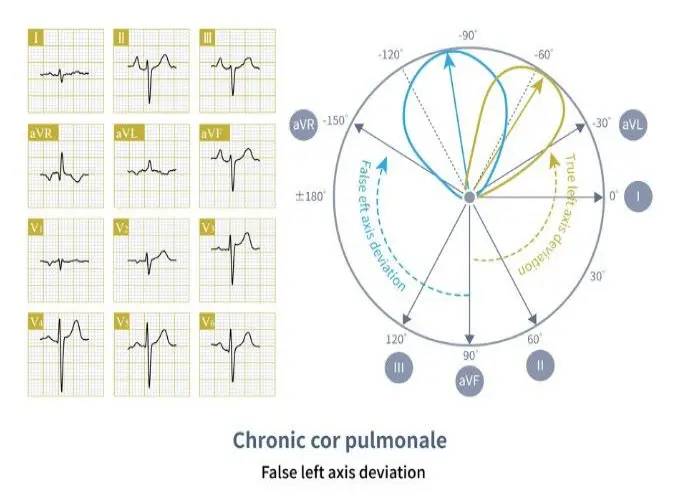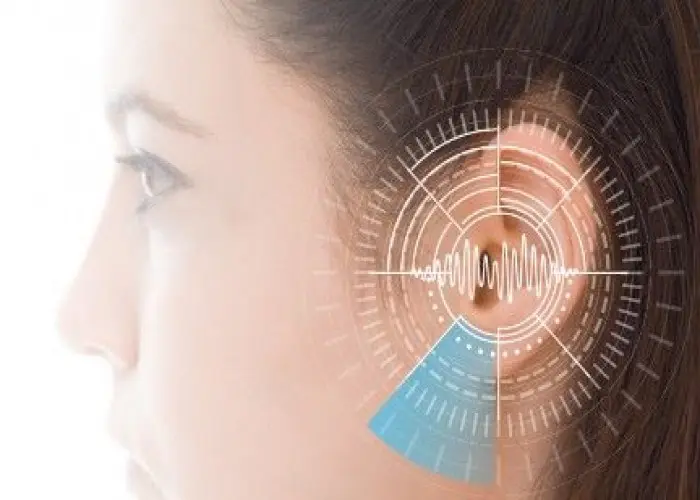 Welcome
Welcome
“May all be happy, may all be healed, may all be at peace and may no one ever suffer."
Pseudobulbar affect

Pseudobulbar affect (PBA) is a neurological condition characterized by episodes of uncontrollable, involuntary laughing or crying that are often inappropriate or disproportionate to the situation. The laughing or crying may occur spontaneously, without any obvious trigger, or may be triggered by a minor stimulus.
PBA can occur as a result of damage to the brain, such as traumatic brain injury, stroke, multiple sclerosis, Parkinson's disease, or dementia. The condition is thought to result from damage to the neural pathways that regulate emotional expression and may be more common in people with underlying neurological conditions.
Symptoms of PBA can include episodes of sudden and intense laughing or crying, often lasting for several minutes at a time. The episodes may occur several times a day and can be embarrassing or distressing for the person experiencing them. PBA can also lead to social isolation and difficulty maintaining interpersonal relationships.
Treatment for PBA may involve medications, such as antidepressants or antipsychotics, which can help to regulate the emotional responses and reduce the frequency and severity of episodes. Counseling or psychotherapy may also be recommended to help individuals cope with the emotional and social impact of PBA.
PBA can be a challenging condition to manage, but with appropriate treatment and support, most people with PBA are able to maintain a good quality of life and minimize the impact of the condition on their daily activities.
Research Papers
Disease Signs and Symptoms
- Loss of appetite
- Difficulty staying asleep
Disease Causes
Pseudobulbar affect
Pseudobulbar affect (PBA) typically occurs in people with neurological conditions or injuries, including:
- Stroke
- Amyotrophic lateral sclerosis (ALS)
- Multiple sclerosis (MS)
- Traumatic brain injury
- Alzheimer's disease
- Parkinson's disease
While further research is needed, the cause of PBA is believed to involve injury to the neurological pathways that regulate the external expression of emotion (affect).
Disease Prevents
Disease Treatments
The goal of treatment for pseudobulbar affect (PBA) is to reduce the severity and frequency of emotional outbursts. Medication options include:
- Antidepressants. Antidepressants, such as tricyclic antidepressants (TCAs) and selective serotonin reuptake inhibitors (SSRIs), can help reduce the frequency and severity of your PBA episodes. Antidepressants for the treatment of PBA are typically prescribed at doses lower than are those used to treat depression.
- Dextromethorphan hydrobromide and quinidine sulfate (Nuedexta). This is the only medication approved by the Food and Drug Administration that is designed to specifically treat PBA. A study on people with MS and ALS showed that those taking the medication had only about half as many laughing and crying episodes as did those taking the placebo.
Your doctor will help you choose the best therapy for you, taking into account possible medication side effects and any other conditions you have and medications you use.
An occupational therapist also can help you develop ways to complete everyday tasks despite your PBA.
Disease Diagnoses
Disease Allopathic Generics
Disease Ayurvedic Generics
Disease Homeopathic Generics
Disease yoga
Pseudobulbar affect and Learn More about Diseases

Celiac disease

Cor Pulmonale

Autoimmune hepatitis

Hearing loss

Bronchiectasis

Atrophy of Stomach

Primary lateral sclerosis (PLS)

Henoch-Schonlein purpura
pseudobulbar affect, সিউডোবুলবার প্রভাব
To be happy, beautiful, healthy, wealthy, hale and long-lived stay with DM3S.
